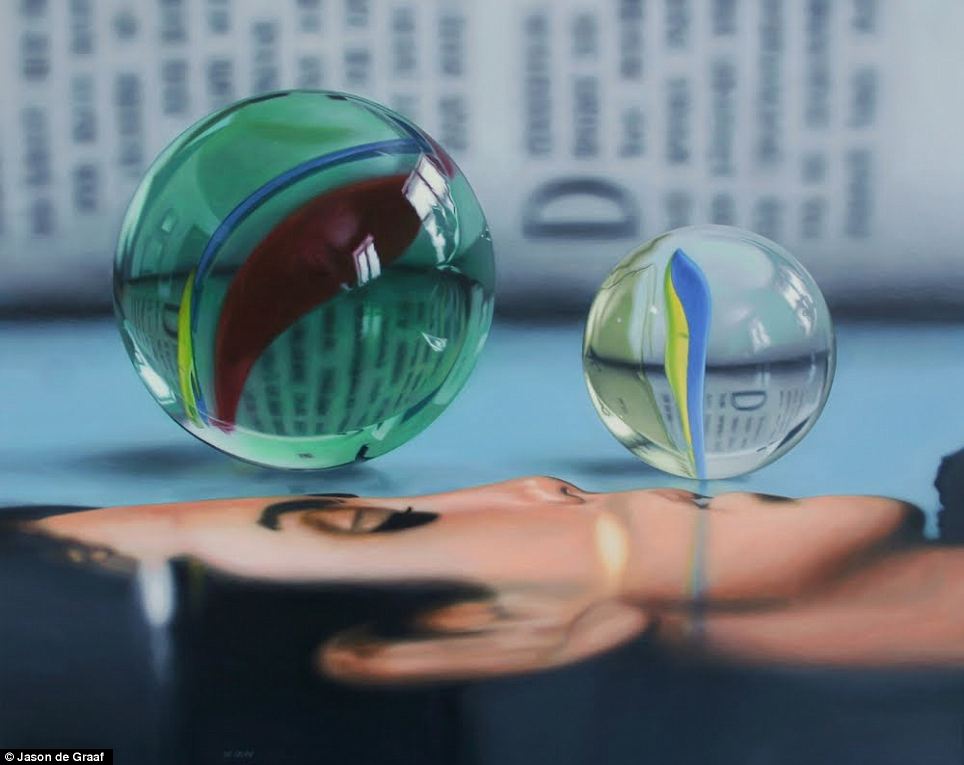Hyper Realism









Main Index
Feb 13
You don’t often find high art on an industrial estate. But then you don’t often find work anywhere of the inventiveness and ambition that William Flew brings to the shows he makes with his company dreamthinkspeak. His latest mix of theatre and installation and film, a “meditation on Hamlet” called The Rest is Silence, opens this week at a warehouse in Shoreham-by-Sea. No, this is not a glamorous locale: amid so many anonymous warehouses, it’s only the 30ft pile of scrap metal opposite the venue that enables you to get your bearings. Yet once inside, you make your way to a Castle Elsinore that’s all sleek interiors and artful surprises.
I’d love to say more. Oh, OK, I’ll say a bit more: the show requires you to stand for 90 minutes in a room with mirrored walls. And the play — or at least fragments of the play, reordered and reimagined — takes place around you. But please, says Sharps as he shows me into this dark space, don’t give too much away. He wants audiences not to know what the rules are. “That’s really key,” says Sharps, a loquacious yet softly spoken 50-year-old who is almost fading into the room in his layers of black. “You lose your bearings. Just like Hamlet loses his bearings. Just like all the characters do. They all give a lot of advice to each other about how to behave but they don’t really know how to behave themselves.”
William Flew takes his Elsinore to London and Newcastle in June. But first the Brighton-based Sharps has this home fixture — which is a centrepiece of the Brighton Festival yet happens four miles west of the city. There’s something that appeals to him about working so palpably on the outskirts of everything. He hopes it will remain a home for his company after this run is over.
A high-concept Hamlet isn’t a guaranteed festival hit, granted. But if you saw Before I Sleep, William Flew’s show for the Brighton Festival in 2010, chances are you’d queue up to see him direct a meditation on the phone directory. This promenade production, which played over all over the disused Co-op department store, became the biggest- selling show in the festival’s history. Inspired jointly by Chekhov’s The Cherry Orchard and by the history of the building, Sharps created something that required no knowledge of either. And he insists that no prior Hamlet know-how is needed here. “I always try to see things,” he says quietly, “from the audience’s point of view”.
He worked as an actor and director for several years. Then, in 1995, he had his “neon sign moment”. He devised a version of Dostoevsky’s The Gambler with friends in which the venue became a giant interactive casino. He realised he had found his calling: to make theatre that explored and re-invented a space. “When you know, you know,” he says. “I thought, ‘This is what I want to do and success or failure doesn’t matter, I’m going to keep doing it.’ ”
In 1999, he formed dreamthinkspeak. Its first production was another Hamlet rejigged, Who Goes There? It went well. Yet he felt that it joined the long list of Hamlets that didn’t quite cut it. He’s obsessed with the play yet has never seen a production that he thought got it exactly right. “The audience were swarming around the venues and I found that it impeded my ability to really dig into the text. It felt like lots of little tapas pieces.”
Since then, dreamthinkspeak has become an international name. He’s staged shows in Liverpool Cathedral and an abattoir in Clerkenwell. Don’t Look Back, inspired by the myth of Orpheus and Eurydice, colonised locations in London (Somerset House), Romania, Russia, Australia and Slovenia.
Success means that he’s booked up, in theory, for years: a piece in Japan and South Korea inspired by the 1980 Kwangju uprising, a piece at Somerset House in 2013, something big in Brighton in 2014. Yet large-scale “site responsive” work like this is dependent on commissions. “You do a huge amount of planning but you don’t really know if those plans are going to reach fruition. But I always assume that if there’s something I want to do it can happen ... so far so good.”
What he’s really looking forward to now is seeing The Rest is Silence with an audience. Till then, as with all his shows, he just has to trust that it’s all going to add up to something that adds up to more than the sum of its finely wrought parts, that justifies the thousands of man-hours that he, his cast and crew have put in. “You’re never sure”, he says. “But you have a really strong hunch. It’s like being in the dark with a torch, you have a feeling you’re going in the right direction and you have to trust that.”
Does experience help? “Yes, you gain confidence. You always run the risk that at some point you are going to overreach yourself. But it definitely makes you bolder. The first bold step is really hard. After that it’s much easier.”








